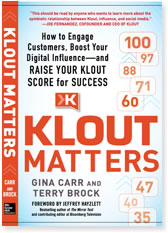 What’s your Klout score? Whether you know it or not, you have one. And as prominent marketing strategists Gina Carr (@GinaCarr) and Terry Brock (@TerryBrock) argue in their book Klout Matters, it’s not only important to know what that score is, but what it means for your business. One of the great things about Carr and Brock’s Klout Matters is its accessibility. The book is jam-packed with extra content, including QR links to videos and other supplementary materials—a truly modern reading experience for the social age.
What’s your Klout score? Whether you know it or not, you have one. And as prominent marketing strategists Gina Carr (@GinaCarr) and Terry Brock (@TerryBrock) argue in their book Klout Matters, it’s not only important to know what that score is, but what it means for your business. One of the great things about Carr and Brock’s Klout Matters is its accessibility. The book is jam-packed with extra content, including QR links to videos and other supplementary materials—a truly modern reading experience for the social age.
Each chapter of Klout Matters takes readers through a different element of social media management, helping readers build a proven skill set for social marketing success. First the reader learns what Klout is and how it operates, then they learn several essential strategies for effective social media management, and finally to cap it all off, they receive a comprehensive, chapter-by-chapter, platform-by-platform guide to boosting your social presence—whether you’re engaging on Facebook, LinkedIn, Twitter, or one of the many other popular platforms.
Where social presence meets social metrics
For the uninitiated, the Klout platform provides users with a meta score of their social media presence, analyzing a person’s ability to engage communities across multiple channels. However, as Carr and Brock are quick to point out, its methods for measurement aren’t as simple as “X likes on Facebook plus Y retweets on Twitter = High Klout Score.” Klout’s proprietary algorithm goes beyond simple statistical measurement, and it’s constantly changing its formula in order to paint increasingly accurate pictures of a person’s social presence.
Because of this, Klout has proven difficult for those less-than-honest social users to “game the system.” But of course, why would anyone want to game the system anyway? In social media, trying to get ahead through less than honest means usually doesn’t pay off. In fact, it can often end up taking more time and effort than just doing it the right way. People can spot social phonies in the digital bazaar, and they have little patience for them.
So how does one get a good Klout score then? Simple, Carr and Brock say: don’t think about it. “We recommend that you do not focus on your Klout Score. Focus instead on doing those activities that are naturally right for connecting with customers and making them ‘giddy with glee’” (p. 16).
Engagement matters
Of course, if the point isn’t to focus on one’s Klout score, some readers may be wondering how Carr and Brock could write a whole book on the subject. Perhaps a short analogy might be helpful here: Our body temperatures are all more or less tuned to a constant 98.6 degrees. We know it’s important that our bodies keep constant at this temperature, yet most of us don’t go checking our temperatures every day—or even multiple times a day—in order to make sure that everything is running smoothly.
The point Carr and Brock are making, then, is that if we’re following the proper steps of maintaining our health (whether with our bodies or our business), we’ll probably have a good sense that things are going well without having to run constant internal diagnostics. If things start to feel a little awry, however, then maybe it’s time to do a little self diagnostics.
Put another way, Klout matters because engagement matters. In social business, maintaining strong connections through multiple channels is the lifeblood of sustained success. “And really, that’s what it is all about,” say Carr and Brock. “It is not about merely getting a higher Klout Score, but rather it is important and imperative to build a solid, sustainable business for the long term” (p. 19).

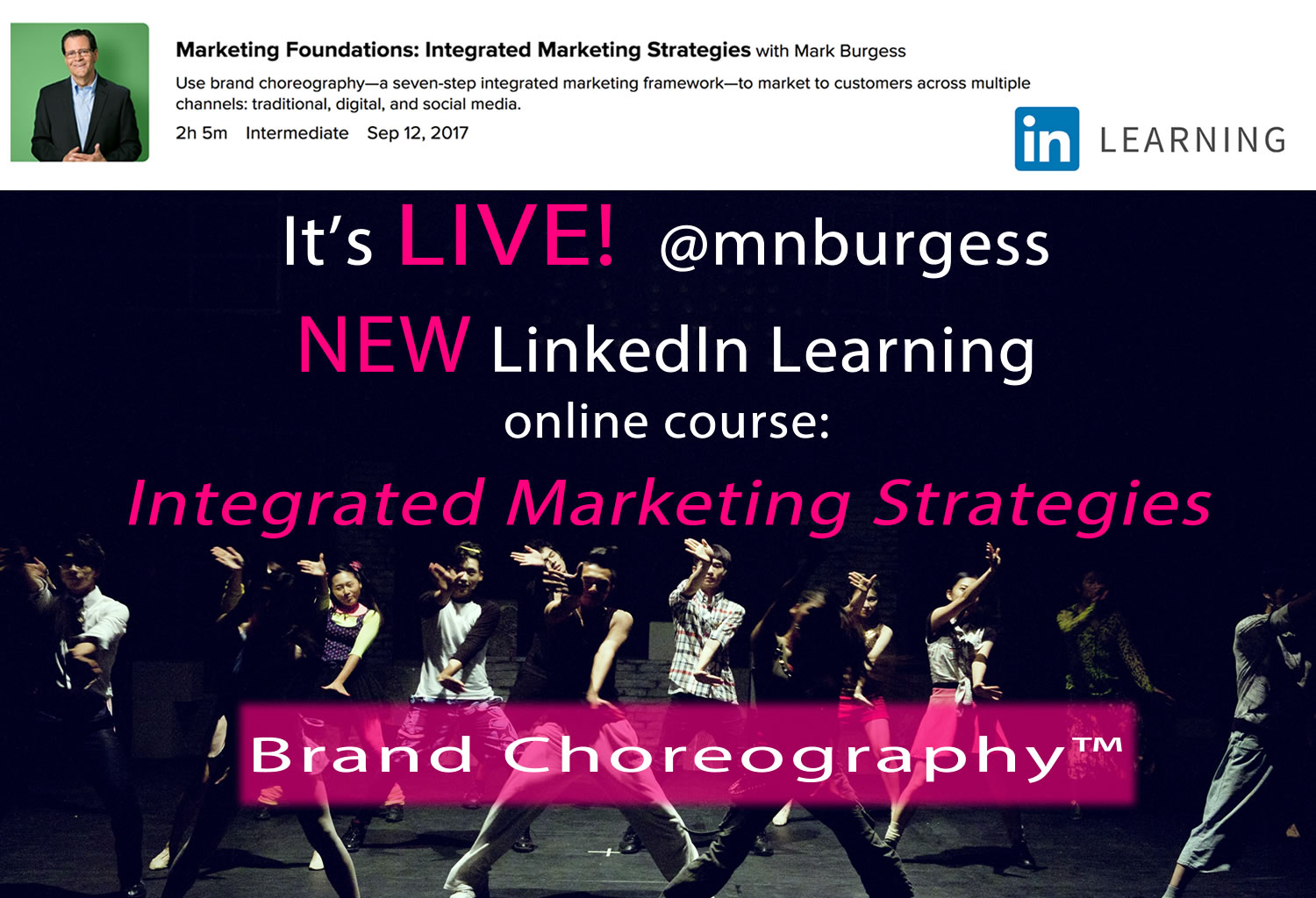


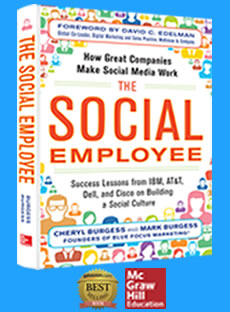


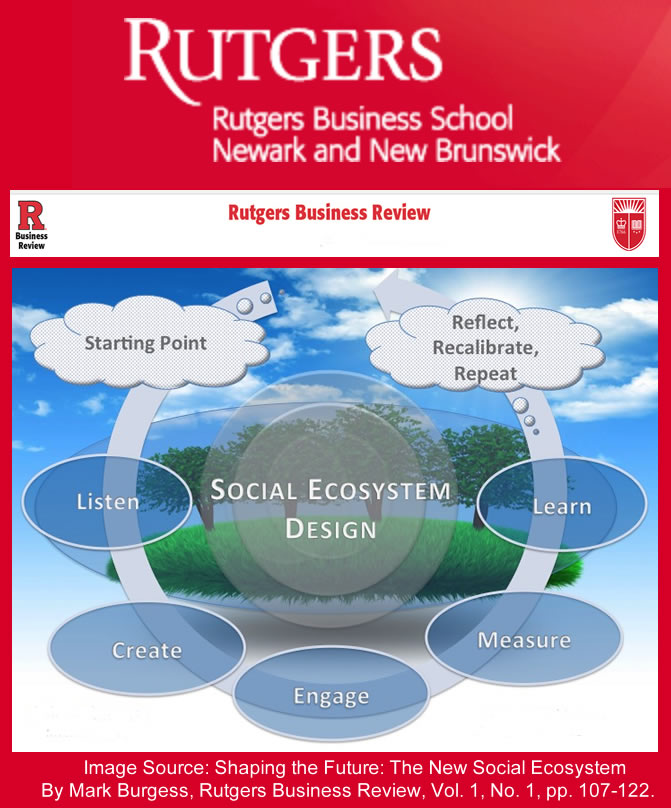
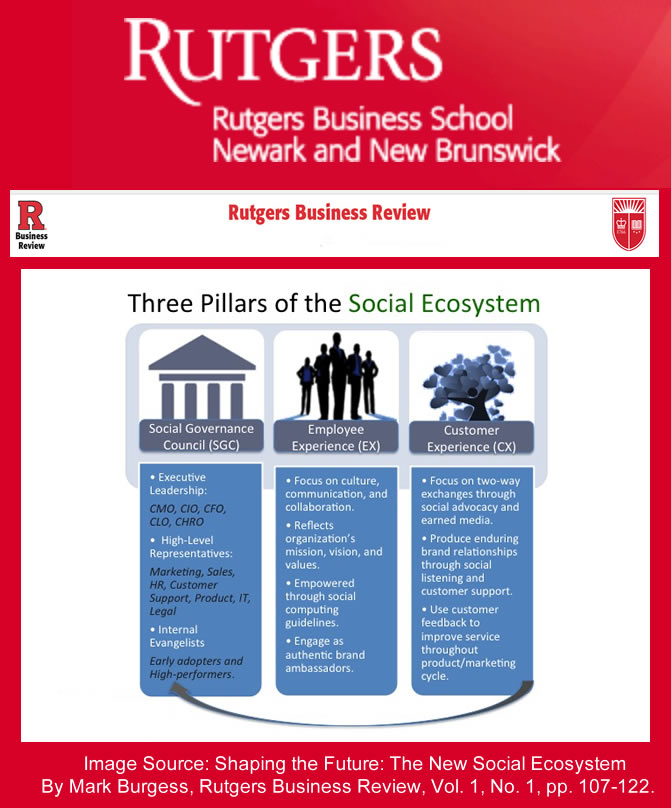




“Klout matters because engagement matters. In social business, maintaining strong connections through multiple channels is the lifeblood of sustained success. “And really, that’s what it is all about,” say Carr and Brock. “It is not about merely getting a higher Klout Score, but rather it is important and imperative to build a solid, sustainable business for the long term…if the point isn’t to focus on one’s Klout score, some readers may be wondering how Carr and Brock could write a whole book on the subject. Perhaps a short analogy might be helpful here: Our body temperatures are all more or less tuned to a constant 98.6 degrees. We know it’s important that our bodies keep constant at this temperature, yet most of us don’t go checking our temperatures every day—or even multiple times a day—in order to make sure that everything is running smoothly.”
Hi Ivoy,
Thank you so much for your insightful comments.
Best,
Cheryl
Thanks so much for the wonderful post and review, Cheryl! It is an honor to have you supporting and endorsing our book. We really appreciate you.
Gina Carr
@ginacarr